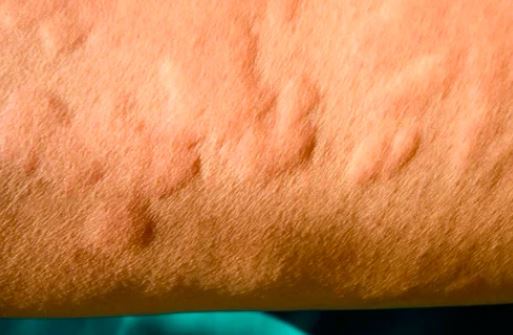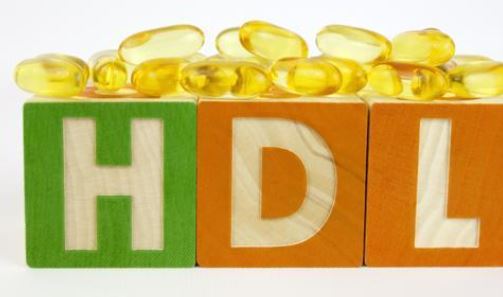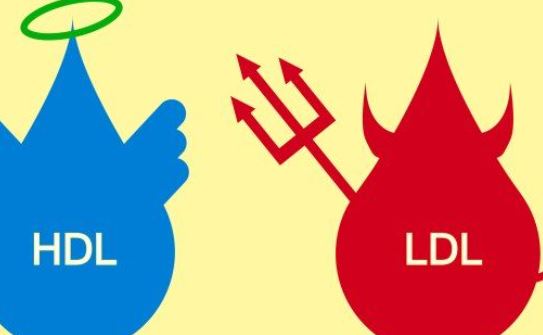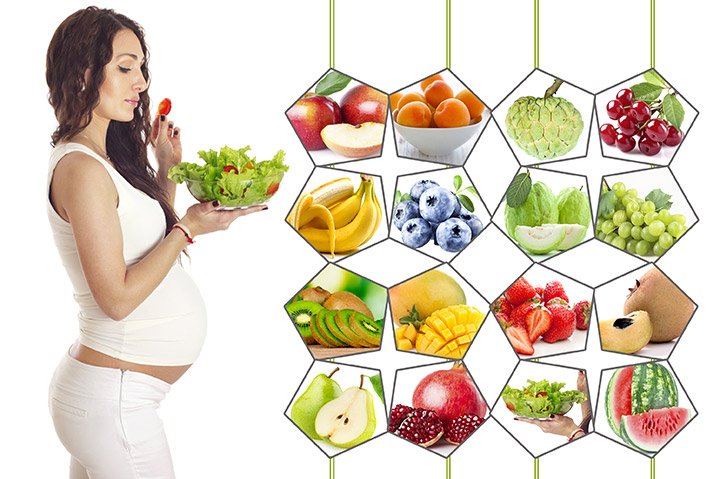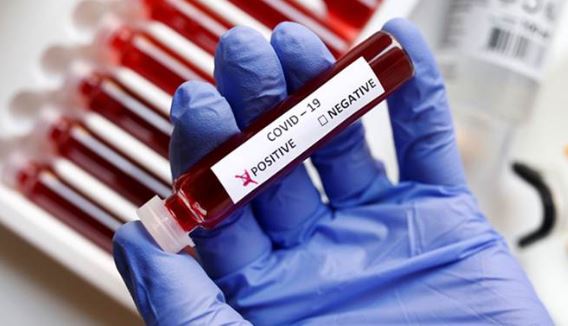Pregnancy diet chart – Essential diet during pregnancy
Essential diet during pregnancy:
Pregnancy Diet Chart is very important for the health of the pregnant woman and her child. Because a healthy Pregnancy food chart only shows the way to reach all the necessary proteins, vitamins, calories, and other minerals to the womb’s body through food in a planned manner.
A correct “Pregnancy Food Guide” should contain detailed guidelines on what you should and should not eat in the morning breakfast, lunch, or lunch. If you want to give birth to a healthy baby, So pay attention to your health. If your health is good then only the child will be healthy!
Therefore, you should choose a healthy diet plan tailored to pregnancy and take your food accordingly, this will help in the transmission of energy in your body as well as other labor-related complications.
So let’s know all the important information related to food in pregnancy with a balanced Pregnancy Diet Chart.
During pregnancy, take plenty of milk, fruits, and vegetables instead of tea and coffee. Avoid eating fried roast Take protein-rich food. And don’t even think of losing weight in the meantime.
It is better to take 200-300 calories more food after conception.
If your diet is balanced, then only you and your child’s health will be safe, so it is necessary to have Folic Acid, Calcium, Iron, Zinc, Protein, Phosphorus, Vitamin D and Omega 3 Omega Fatty Acids in your diet. Taking these elements increases hemoglobin in the blood. And there is no fear of Miss Carriage.
Eat green leafy vegetables, peas, cauliflower, capsicum, almonds, cashews, peanuts, melon, bananas, and oranges as natural sources of all these vitamins. Apart from these, take spinach, beetroot, broccoli, turnip pumpkin rajma dal, curd, fat-free meat, egg whites, milk-whey, cottage cheese, soybeans, beans, and whole grains.
If you eat non-veg food then you should include meat, poultry, fish in your Pregnancy Diet Chart as these are a good source of protein, iron, and zinc. Protein is very important for the formation of body parts. Only one gram of protein per kg of protein per kilogram of the right protein. Suppose if someone weighs 50 kg, they need 50 grams of protein in a normal state, during pregnancy and add 15 grams per day, then a 50 kg pregnant woman should take 65 grams of protein per day.
Oatmeal made of corn, wheat, and other whole grains is rich in fiber, you must include it in your pregnancy diet chart. If you want, you can have popcorn and roasted corn too!
Oat contains fiber, iron, vitamin B, so take a bowl of oats in the morning breakfast.
Milk, yogurt and cheese, and other dairy products are good sources of protein, calcium, phosphorus, and vitamins. Taking these helps in the growth of the child, strengthening his bones and teeth. It helps in the development of muscles and nerves of his heart, taking dairy products apart from building his muscles, kidney function, and heart rate remain normal. Taking these help to make the child’s brain, nervous system, and eyes and avoids the risk of “Postpartum Depression”!
Anemia is often found in Indian women, so doctors advise almost all pregnant women to take more iron. Spinach is rich in iron. This helps in meeting the lack of blood in the pregnant woman’s body, as well as vitamin C also helps in absorbing iron in all the parts of the body so that the pregnant woman can avoid the problems due to anemia. Also helps in better development of the baby. Apart from spinach, iron is also present in plenty of other green vegetables. Apart from this, eat a red pomegranate, guava, pistachios, walnuts, raisins, almonds, amla, etc.
What pregnant women should not eat (Pregnancy diet chart):
- First of all, avoid eating things like coffee, tea, cola-Pepsi, or junk food. The mother’s excessive intake of caffeine has a bad effect on the child’s development.
- Do not eat too much vitamin A, such as liver, sausage, red chili, sweet potato, beet, etc.
- Take pasteurized milk only because by heating the milk at a particular temperature, harmful bacteria are eliminated.
- Avoid flour made of fine flour and other things made from fine flour.
- Consuming sugar-rich foods and excessively spicy food can cause miscarriage.
- These days, avoid eating suramai and sea fish.
- Do not eat undercooked meat or raw eggs or even half-cooked egg is not good, eat only fully cooked egg.
- Do not eat canned juices and readymade packed salads and avoid eating too much oil-ghee. Do not eat raw or semi-cooked food. Do not take mayonnaise also.
- If there is a complaint of constipation during pregnancy, there is no harm in eating papaya. But don’t eat it more than a Bowl!
- Remove junk food like pizza burgers etc. from your Pregnancy diet chart because it fills the stomach immediately, but the body does not get protein and vitamins. The nutritional value of junk food is zero. To know more about catering in pregnancy, read this post on What to eat or not to eat in pregnancy.
- A pregnant woman should always drink clean, filtered, boiled water, or arrange for mineral water. Do not drink the tap water directly, it has a bad effect on health.
Other important tips related to pregnancy diet:
- Pregnancy Diet and Multivitamin Diet Supplements.
- Some pregnant women want to fulfill their deficiency by catering rather than taking medicines, but pregnancy is a time when medicines have to be taken. It is very important to take folic acid.
- Apart from this, it is also possible that despite taking a perfectly balanced diet, your body may be deficient in some Protein, Vitamins, and Minerals, often due to poor health conditions and weak digestion. To overcome this deficiency, your body will need various “Dietary Supplements”, which the doctor will recommend to you after a thorough examination. Do not take them lightly, these are very important! Your doctor will recommend Protein Supplement Powder, Calcium Supplement or Tablets, folic acid supplement, Multivitamin Supplements, and other Optimum Nutrition Supplements that you must take!
- Lack of folic acid can adversely affect the child’s nervous system. Folic acid contributes to the entire development of an unborn baby in the first 28 days, or 3 weeks, of folic acid in advance from the advice of your doctor to protect the fetal infant from the NTDs that affect the fetus. Start taking pills.


